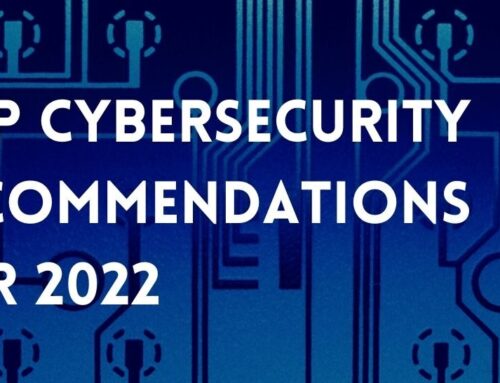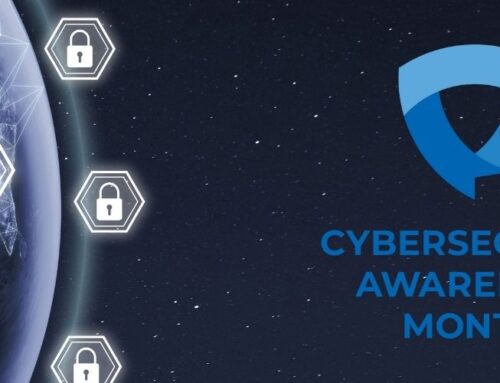
This blog is not going to make me popular with IT Managers, but it will define a more and more common reality for small companies. First, to define small companies, the range of organization I am referring to is going to be less than 100 employees. In companies of that size, there are numerous factors that make the full-time IT employee less effective or even counter-productive to the strategic plans of the organization. But having an IT guy in-house is comforting, convenient and predictable, so what are reasons why you should fire your IT guy? Spoiler, cost is not one of the top 3 reasons.
- Expertise
IT is dense, complex and very dynamic. Much like medical professionals, very smart individuals spend entire careers on a single discipline (like security or networking) and still only cover a fraction of the whole topic. Companies who think “an IT guy is an IT guy” are wrong. The reality is, if you want an expert generalist, you may get most of the way there, but will be flat footed on anything requiring specific depth. For instance, your company is infected with a malware outbreak. You call your IT guy in. He may be equipped to do the very basics like run scans or check firewall settings, but after that he or she will likely be Googling protocols for the next step, and deciding the correct path forward in a vacuum. The alternative is hiring a managed service provider like Upward, we have security experts and a team to deploy in the case of emergencies. We also can create a panel of opinions on the matter and use that process to construct a well-rounded path forward for the client in any scenario.
- Accountability
Unless you have constructed your pay structure for your IT guy (in-house or outsourced) to reward them for planning well and reducing the number of issues your companies has long-term, your incentives are misaligned. The fact of the matter is; IT is murky to most people. As a business owner or manager, you really don’t know if your IT guy is doing a good job in all facets of the position (system architecture, stability, risk management & security, training etc). IT is as important a function as accounting, payroll or sales, but more difficult to manage. As an alternative to having an “IT guy”, using a managed Services Provider will allow you to inherently hold your IT provider accountable, because they get only a flat amount of money whether you have two issues or twenty, so they are strongly incentivized to invest in making your environment stable.
- Longevity
One of the less acknowledged challenges of being an IT guy is burnout. This burnout comes from two sources, not being in control of your day, and boredom. If you are a solo IT manager at a small company, you ought to be engineering yourself out of a job… meaning, if you architect the plan correctly it should get easier and easier to get your job done over time, at which point boredom sets in. If your skill set doesn’t lend itself to being the visionary of the environment, or you are unable to develop the influence with management to get your initiatives funded, then the individual will forever be in a break-fix hamster wheel that leads to inevitable burnout. Turning over these resources is inherently very expensive for a business, and it can leave huge gaps in oversight that expose the company to threats. One of the greatest advantages of the managed IT services business model is we keep the load balanced on our people, and allow them to grow and develop into what interests them most. We suffer from low turnover, and losing an employee rarely has a significant impact on our clients.
Statistically, the era of the solo IT practitioner, in-house or outsourced, is dwindling. IT is too complex for the “expert generalist”, and clients are beginning to understand that just because somebody knows computers, doesn’t make them the right fit to strategically guide a growing company. If you want to talk more about how you can employ an entire team of professionals that can show you how to leverage your technology to yield tremendous growth, contact Upward today!






Leave A Comment